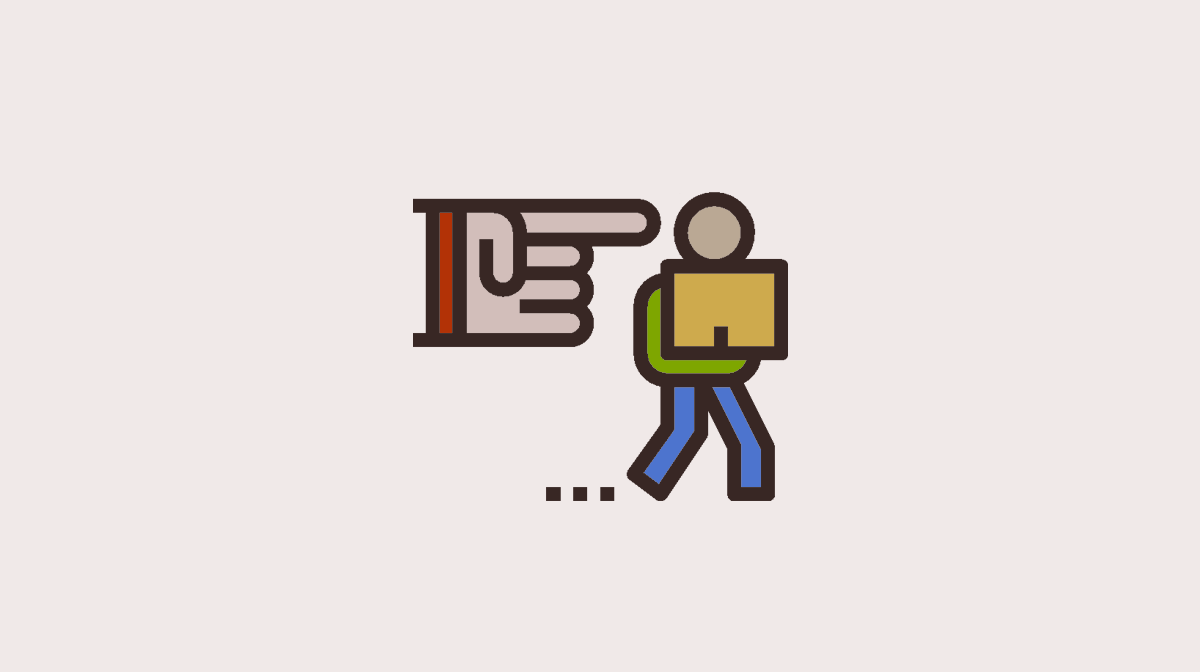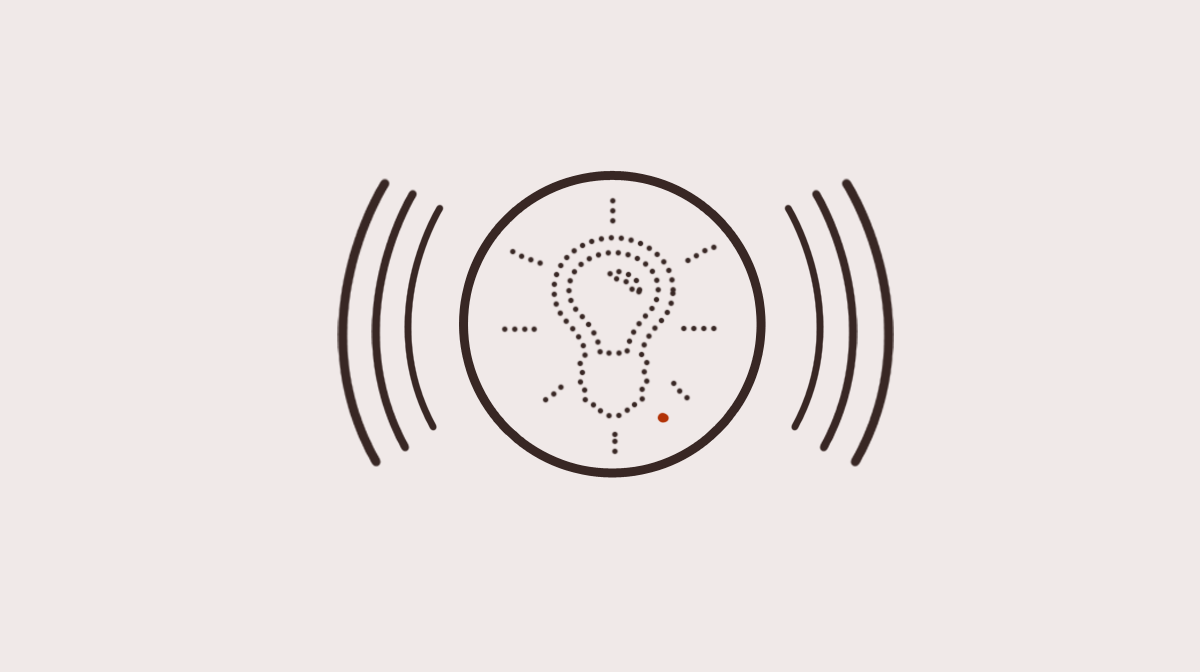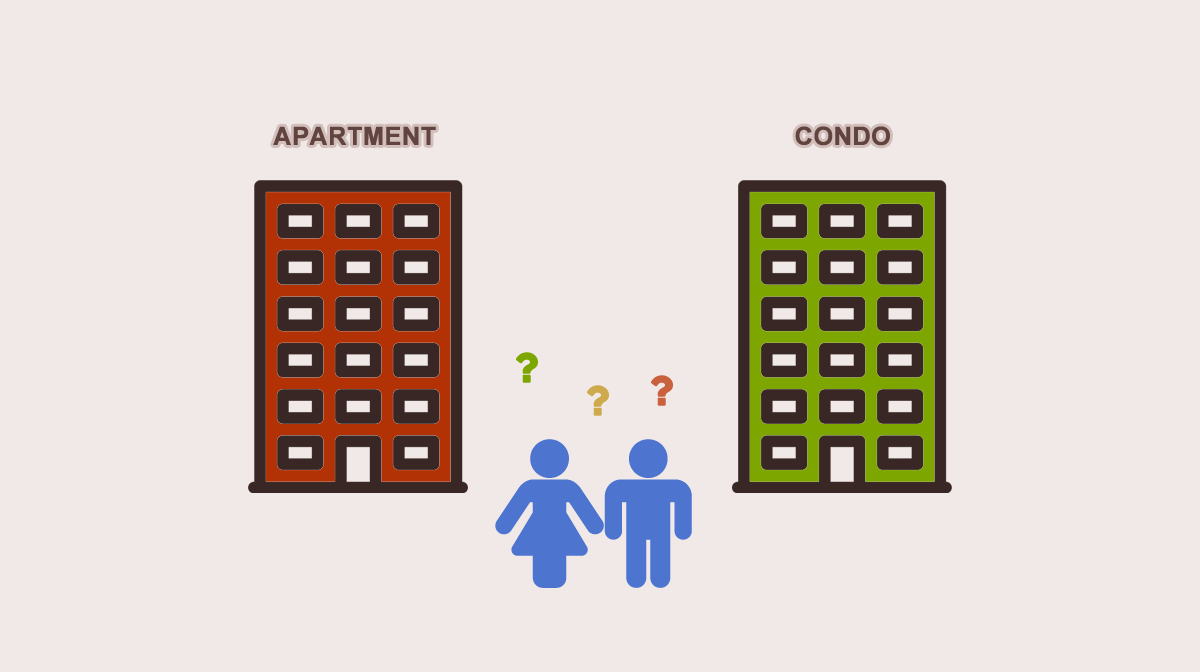I recently got a question from a reader: “Do I have to clean everything in my apartment to get my deposit back?”
The answer is, unfortunately, not too clear. In general you're expected to leave your apartment in “broom clean” condition when you move out, but there is no consistent definition of “broom clean” that applies to all landlords. (And no, it doesn't mean that you just sweep your apartment!) Some expect to have to do a full repaint and maid-service level scrubbing of every apartment after a tenant moves out. Others expect that outgoing tenants will leave their apartment in move-in ready condition for a new tenant.
The best way to figure out your landlord's definition of broom clean is to ask them. After all, they may be planning to do a gut remodel of your apartment after you move out, which would make heavy duty cleaning pretty pointless. But if for some reason you cannot reach your landlord or don't want to speak to them, here's what I would suggest as a rough guide:
Do:
- Remove all your furniture and belongings. (This includes food in the fridge, hangers in the closet, and all your cleaning supplies!)
- Remove nails, hooks, tape etc. from walls. Wash off any smudges. You can use water on painted walls provided that you go sparingly with it – don't hose down the room, but a damp sponge should be fine.
- If you have changed the paint colors in any of your rooms, put it back to the original color. You should be able to obtain matching paint from your landlord or at least find out what brand and color of paint they use.
- Clean counters, appliances and kitchen & bath fixtures.
- Sweep the floor, remove cobwebs from ceiling fans, vacuum the carpets.
- Restore any fixtures you may have installed in the process of customizing your apartment to their original state. This can include closet organizers, ceiling fans and fancy thermostats.
- Replace any burned out light bulbs and put the smoke detector back on the wall/ceiling if you've taken it down. (Tsk!)
Don't:
- Wash the windows
- Repaint any rooms that are still their original color.
- Wash the walls, unless you have been smoking in the apartment.
- Clean the dryer vent, chimney or furnace
- Replace blinds, switchplate covers or outlet covers.
- Do not use toothpaste to patch holes in the wall. Repeat, do NOT use toothpaste.
Special Note for Smokers:
If you have been smoking in your apartment, it will take your landlord a lot of extra effort to get rid of the odor. They will need to wash the walls and possibly repaint them with special odor-resistant paint, and replace any textiles like carpets and curtains that will have absorbed the smoke odor. Indoor smokers will want to make a special effort to leave the place in good condition. Consider washing down the walls before you go. Any of the following combinations should work:
- Wet Swiffer & Windex
- Ammonia, Vinegar & Water
- Trisodium Phosphate (TSP), Bleach & Water (use gloves and a face mask for this one.)
DO NOT combine ammonia and bleach. It can cause a deadly chemical reaction.
What is the strictest definition of broom clean you've ever gotten from a landlord? Have you ever lost money from your deposit for an apartment you thought was spotless? Let us know in the comments!






